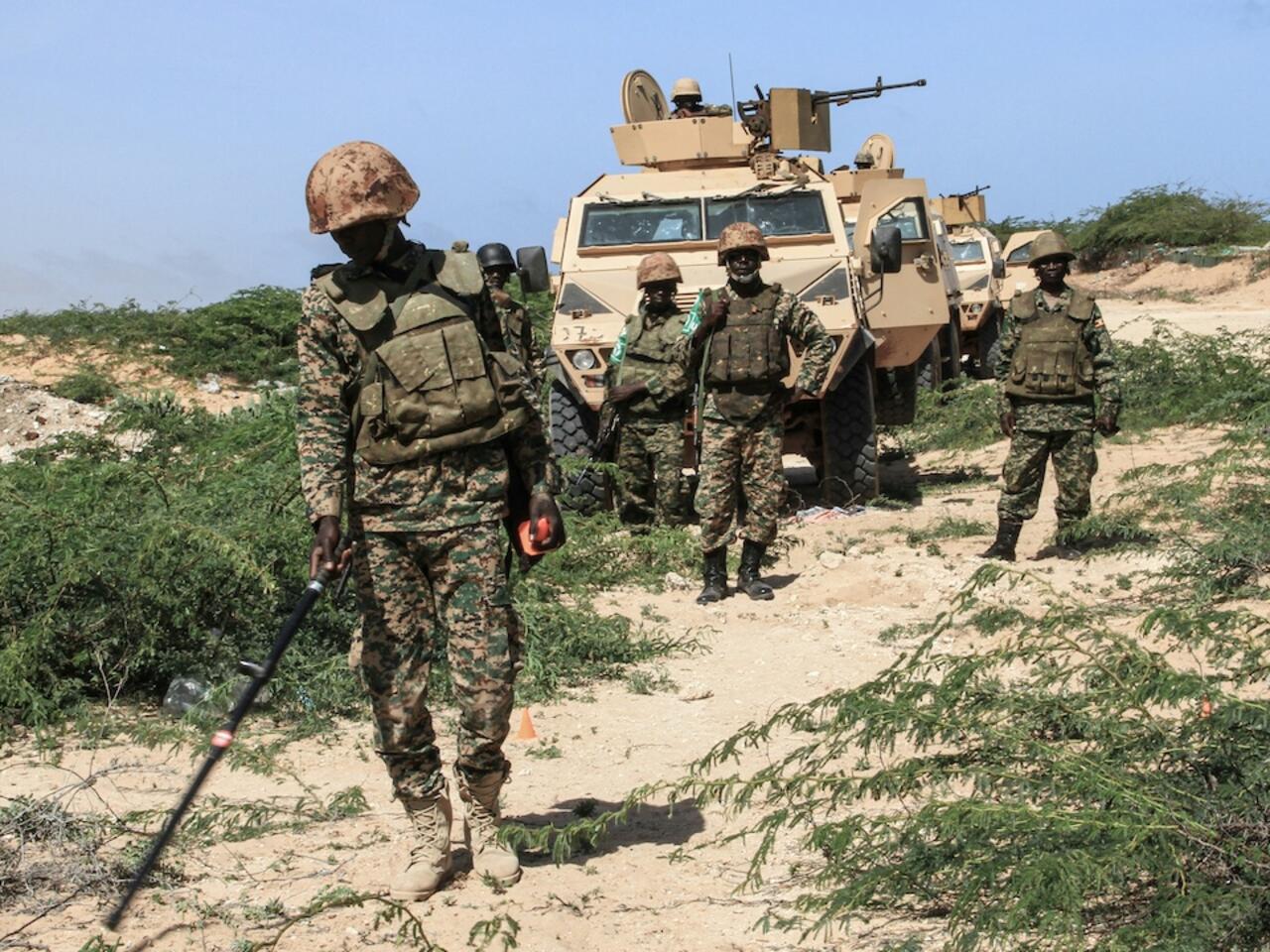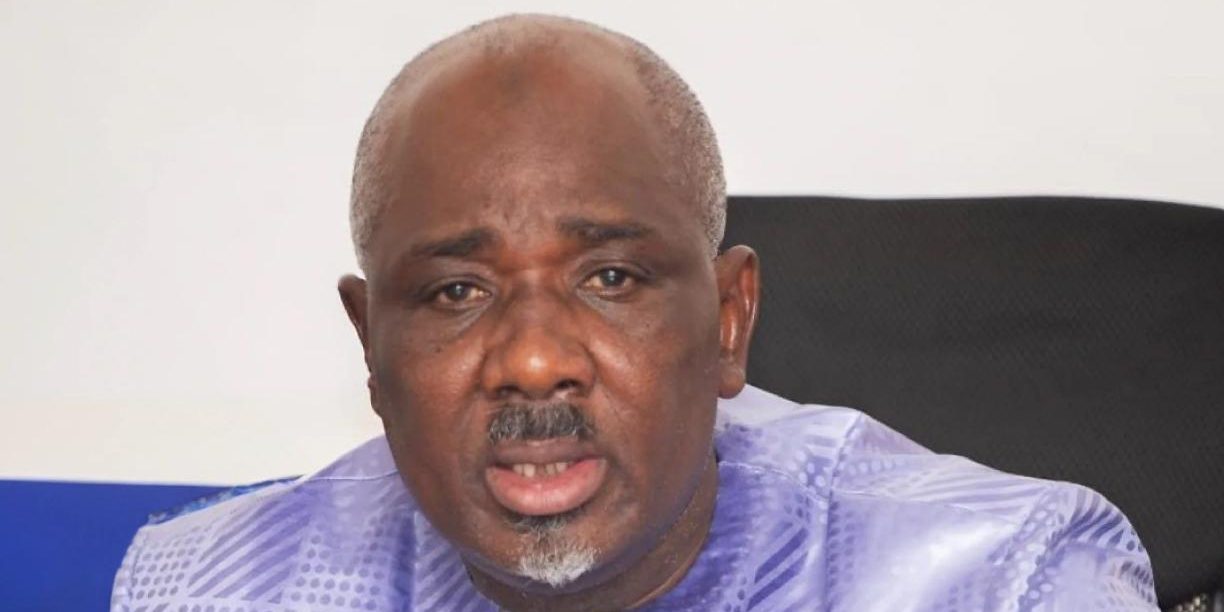SENEGAL: THE COUNTRY FACING ENTREPRENEURIAL CHALLENGES
Frédéric Samson SOHOUNDE,
JOURNALISTE ET FORMATEUR A L’UNIVERSITE
Entrepreneurship in West Africa, particularly in Senegal, is experiencing significant growth with the rise of startups and innovation initiatives. However, several challenges persist, often hindering their development and sustainability. These challenges, ranging from limited access to financing to inadequate infrastructure, are particularly pronounced in countries like Senegal, a major economic hub in the region.
Access to Financing
Entrepreneurs in West Africa continue to face the critical issue of insufficient access to financing. According to the African Development Bank (AfDB), the lack of adequate capital is one of the main obstacles to the growth of businesses in the region.
In Senegal, despite initiatives such as the Priority Investment Guarantee Fund (FGIP) aimed at facilitating SME access to credit, most young businesses still struggle to secure bank loans, which are often deemed too risky by financial institutions. A 2023 study by the Central Bank of West African States (BCEAO) revealed that 75% of SMEs in West Africa, including those in Senegal, do not benefit from traditional banking financing. This issue is exacerbated by a lack of investment culture and banks’ hesitance to engage with “informal” sectors where many African startups operate.
Regulatory and Bureaucratic Environment
The complexity of administrative procedures and inefficient regulations remain significant hurdles. Like many West African countries, Senegal suffers from bureaucratic burdens that complicate the creation and management of businesses. According to the World Bank’s Doing Business report, although Senegal has improved its ranking in ease of doing business, obstacles persist, particularly in obtaining construction permits and exporting goods.
Senegalese entrepreneurs must navigate complex bureaucracies, leading to delays and additional costs. For example, registering a new business can take several days, discouraging private initiatives.
Lack of Skills and Training
The skills gap remains a major challenge for entrepreneurs in West Africa. The OECD estimates that many young Senegalese graduates lack the necessary skills to thrive in the private sector, particularly in management, technological innovation, and marketing. A lack of technical and managerial training results in less competitive businesses that are less likely to achieve sustained growth.
The Senegalese government has launched several programs to address this gap, such as the Training for Employment and Entrepreneurship (FEE) program. However, the demand for training continues to grow, especially among small businesses that lack the resources to train their employees.
Infrastructure and Logistics
One of the most structural challenges facing entrepreneurship in West Africa is inadequate infrastructure. In Senegal, despite progress through projects like the Senegal Emergency Plan (PSE), many regions still struggle with poor road quality, unstable electricity supply, and inadequate logistics and transportation services.
These challenges increase operating costs and directly impact business profitability. For instance, a 2022 study by the Cheikh Anta Diop University of Dakar (UCAD) revealed that logistics costs account for nearly 20% of total business expenses in the region, compared to an average of 10% in developed countries.
Technology and Digitalization
Although West Africa has witnessed rapid growth in the digital sector, with initiatives like Orange Digital Ventures and innovation hubs such as Yoff Digital Park in Dakar, internet penetration remains low in many areas. In 2023, Senegal’s Telecommunications and Postal Regulatory Authority (ARTP) estimated that about 60% of the Senegalese population had regular internet access, with significant disparities between urban and rural areas.
The lack of digital infrastructure and training in technology hampers the competitiveness of local businesses in a globalized world increasingly driven by digital advancements. Senegal’s lag in fintech and e-commerce highlights this reluctance to fully embrace the digital revolution.
Political and Economic Instability
Although Senegal is considered one of the most politically stable countries in West Africa, political and economic instability remains a risk for investors. Social tensions and frequent public-sector strikes can disrupt economic activity, particularly affecting young businesses that rely on a stable environment for growth.
The COVID-19 pandemic highlighted the vulnerability of businesses, especially small and medium-sized enterprises (SMEs), to unexpected economic disruptions. Managing the energy transition, particularly the adoption of renewable energy sources, is also a future challenge to support long-term projects.
Access to International Markets
Despite Senegal’s efforts to integrate regional markets through the Economic Community of West African States (ECOWAS), access to international markets remains limited. The export of local products is weak, despite trade agreements with blocs such as the European Union and China. Senegalese producers face barriers such as tariffs, sanitary requirements, and increased competition from foreign products.
The challenges facing entrepreneurs in West Africa, particularly in Senegal, are numerous. Limited access to financing, a complex regulatory environment, skills and infrastructure gaps, and digitalization challenges are major obstacles hindering entrepreneurship.
However, despite these difficulties, Senegalese entrepreneurs continue to demonstrate resilience, supported by government initiatives and foreign investments. The future of entrepreneurship in West Africa appears promising if structural reforms and better collaboration between the public and private sectors are achieved.
-

Togo Protests Result in Seven Deaths Amid Rising Political Tensions
Edited by: Fatima BabadinThe protests that erupted in late June in Lomé, Togo, have resulted in at least seven confirmed... West Africa - Sahel -

South African President Issues Firm Rebuttal Amid Growing Tensions in Coalition Government
Edited by: Widad WAHBI South African President Cyril Ramaphosa has delivered a stern warning to his coalition partner, the Democratic Alliance... Politics -

Senegal Faces Economic Challenges Amidst Undisclosed Debt Revelations
Edited by: Fatima BabadinThe Senegalese government has officially postponed the release of its quarterly fiscal reports for the past two... Economy -

Congo Prolongs Suspension on Cobalt Exports for Three More Months
Edited by: Reda El GhazalThe global cobalt market faces ongoing volatility as the Democratic Republic of Congo has opted to... Central Africa -

Côte d’Ivoire: President Alassane Ouattara Nominated by His Party for 2025 Presidential Election
Edited By : Widad WAHBI Ivorian President Alassane Ouattara, who has been in power since 2011, was officially nominated on... Politics -

Nigeria launches major naval campaign to stop oil-related crimes
Edited by: Reda El GhazalThe Nigerian Navy has launched a comprehensive maritime security effort to disrupt the illegal extraction and... Maritime security

 Follow the latest news on WhatsApp
Follow the latest news on WhatsApp  Follow the latest news on Telegram
Follow the latest news on Telegram  Follow the latest news on Google News
Follow the latest news on Google News  Follow the latest news on Nabd
Follow the latest news on Nabd 


















